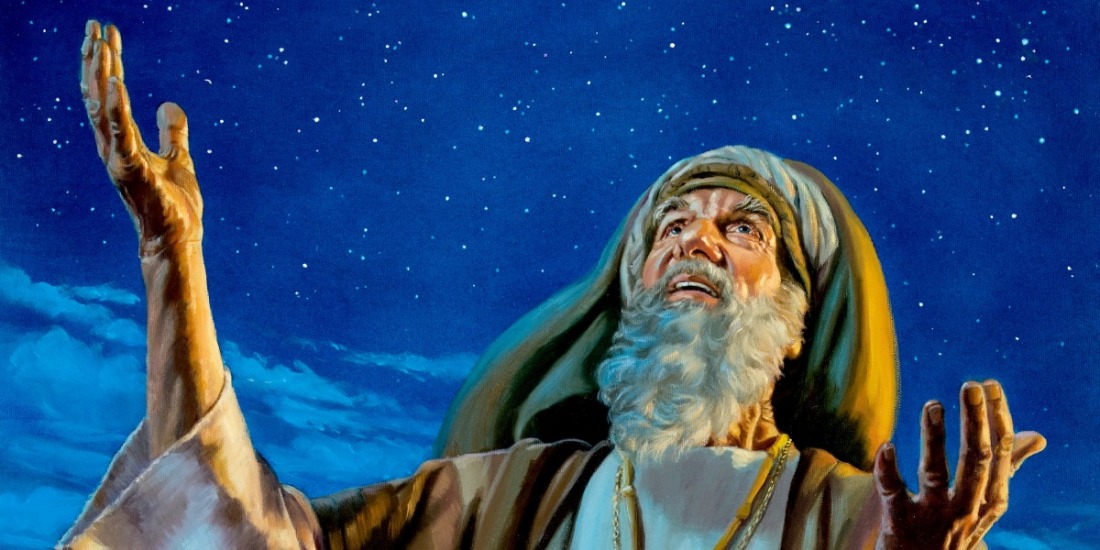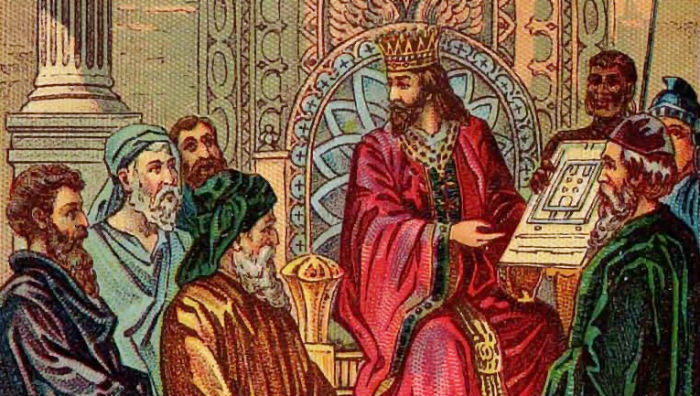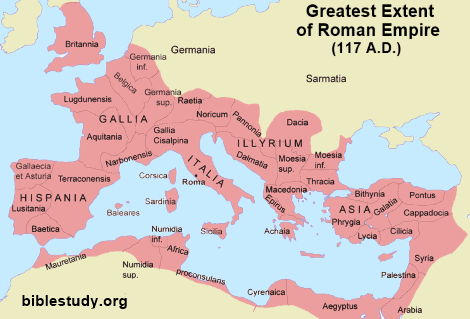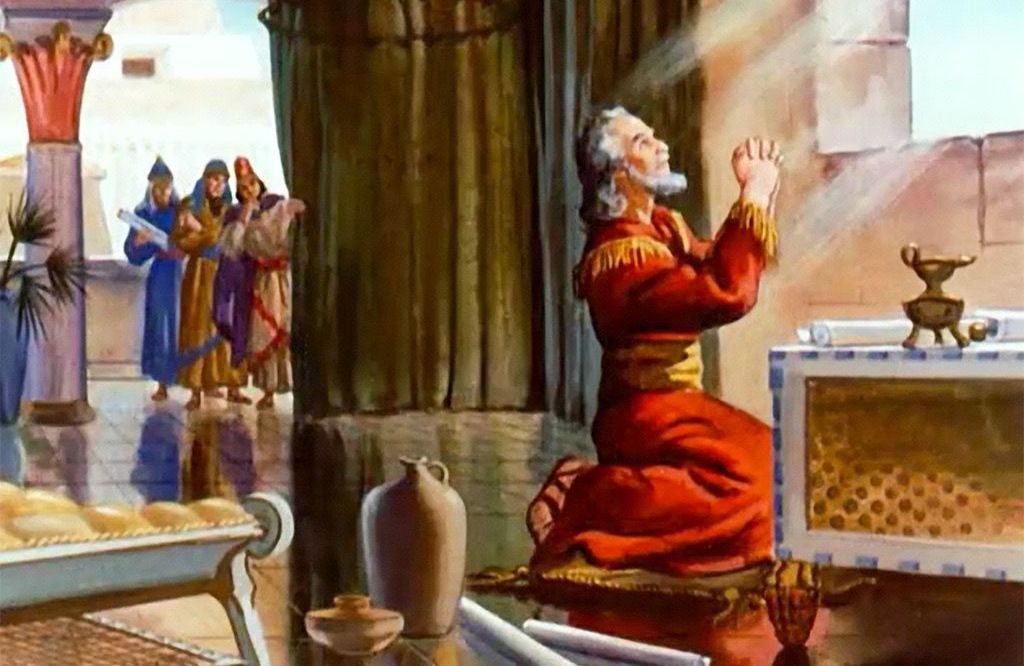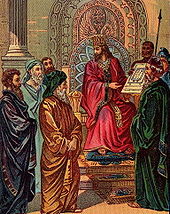
John 11:1-4 "Now a certain man was sick, Lazarus of Bethany, the village of Mary and her sister Martha. 2 It was the Mary who anointed the Lord with ointment, and wiped His feet with her hair, whose brother Lazarus was sick. 3 So the sisters sent word to Him, saying, “Lord, behold, he whom You love is sick.” 4 But when Jesus heard this, He said, “This sickness is not to end in death, but for the glory of God, so that the Son of God may be glorified by it.”
Yesterday I began to write about some of the moral sufficient reasons God has for allowing evil and suffering to persist in our world. As I noted yesterday and I'll state once more, we want to consider reasons why God delays (or seems to delay) in preventing pain and suffering. I want to say from the onset that this post, like yesterday's, doesn't claim to know specific reasons why God would allow certain things to happen in particular situations. If details within the circumstance presents themselves in light of God's word and to a heart prepared for the answer, we then may have liberty to communicate what God is possibly doing.
God's desire is not for us to just know that He exists, but for us to know Him in a saving way (see 2 Peter 3:9-10). I would encourage interested readers in this present post to explore the end notes I have included for the sake of explaining the issues I raise throughout the post. For readers who missed the last post (part one), they can click on the link here: http://www.growingchristianresources.com/2020/03/part-one-gods-morally-sufficient.html
In yesterday's post we considered three morally sufficient reasons that God may allow evil and suffering in our world as revealed in scripture and inferred from considerations of the natural order:
1. God's first morally sufficient reason
for permitting pain and suffering is
to bring about a greater good
2. God's second morally sufficient
reason for permitting pain and
suffering is to develop moral and
Godly Character.
3. God's third morally sufficient reason
for permitting pain and suffering for
circumstances that may position
people to response to the Gospel
when called to believe by the Holy
Spirit.
Today we will offer two more reasons that can aid us in working through what is going on in our world in lieu of this pandemic.
The problem of evil, suffering, COVID-19 and God's morally sufficient reasons for allowing such.
The problem of evil and suffering or, as C.S. Lewis calls it: "the problem of pain", has occupied both philosophical and theological discussions among all sorts of thinkers.1
Whether we're talking about humanly-contrived evils such as 911 or naturally-occurring evils such as the COVID-19 virus, people's minds rightly raise the question: "why so much evil?" As we find ourselves in an escalating pandemic, it is important for Christians to shine the light of hope in Jesus Christ to all people. The Christian worldview uniquely has the resources to equip people spiritually and psychologically to face the turmoil of COVID-19 as everyone seeks a medical and viable response to this crisis. We will consider today and tomorrow an episode in Jesus' earthly ministry that involved Him as God-incarnate dealing with the death of a beloved friend - Lazarus.2
As we reflect upon this episode in John 11, we will offer two other truths that can aid greatly in understanding the realities of evil, suffering and disease as they are morally permitted by a God that is Himself all-good, all-knowing and all-powerful.
God's fourth morally sufficient
reason for permitting pain and
suffering is to reveal His glory.

One may think that God's Divine tolerance of evil and suffering would detract from the revelation of the perfections of His goodness (i.e. His glory). However, notice what Jesus says the outcome will be of Lazarus' sickness in John 11:4
"But when Jesus heard this, He said, 'This sickness is not to end in death, but for the glory of God, so that the Son of God may be glorified by it.”'
Lazarus dies near the end of John 11. However, his death is only temporary. Indeed, Jesus' bringing Lazarus back to life demonstrates the truth of His words, namely, the sickness would not lead to death. Jesus stated the intended outcome of His alleged delay in getting to Lazarus: "for the glory of God" and "that the Son of man may be glorified by it." We may or may not know how God is ultimately going to be glorified in this current world-wide crisis. Still, in consideration of the three previous reasons we've given as to why God would permit such things, we have warrant for holding the conviction that God will somehow make Himself more clearly known through these circumstances.3
 To illustrate my point of how God may show His glory through Divine allowance of evil and suffering, consider a jeweler and a dark-cloth. Much like a jeweler placing a black cloth in the background of a precious jewel to make the jewel's facets pop out in their brilliance, so too, God chose to create a world populated by free-moral creatures with the permitted possibility of such creatures rejecting Him. Although it may right now look like God's purposes are thwarted, nevertheless, in the end, God will be glorified (see Habakkuk 2:14; 1 Corinthians 15:24-28; Revelation 11:15; 21-22).
To illustrate my point of how God may show His glory through Divine allowance of evil and suffering, consider a jeweler and a dark-cloth. Much like a jeweler placing a black cloth in the background of a precious jewel to make the jewel's facets pop out in their brilliance, so too, God chose to create a world populated by free-moral creatures with the permitted possibility of such creatures rejecting Him. Although it may right now look like God's purposes are thwarted, nevertheless, in the end, God will be glorified (see Habakkuk 2:14; 1 Corinthians 15:24-28; Revelation 11:15; 21-22). God's fifth morally sufficient
reason for permitting pain and
suffering is to generate trust in
Him.

The one trait I notice about the Biblical record's portrayal of God's Sovereignty and the reality of pain and suffering is this: God doesn't usually tell us "why".4
When we look once more at Jesus' miracle of raising Lazarus in John 11, do we see evidence of the strengthening of somebody's trust in Jesus? We do. Mary, Lazarus' sister, was young in her faith. She was the one who sat at Jesus feet, listening to Him teach in Luke 10:38-42. Did Mary grasp why Jesus delayed his coming to Lazarus? No. She tells Jesus in John 11:32 that if He had arrived sooner, Lazarus would not had died. Notice Jesus' response. He weeps. Yet, He doesn't explain to Mary why He delayed. Instead, Jesus does the miracle and then we find an extraordinary outcome beginning in John 12. In John 12, Mary ends up anointing Jesus six days before His crucifixion. Her faith was strengthened enough to had been strengthened and we see a prime example of what it means to follow Jesus.
Closing thoughts:
In today's post we laid out five morally sufficient reasons as to why God would will to permit pain and suffering. I want to remind the reader that this post in no way claims to know specific reasons "why" in particular circumstances, since often-times, we may or may not have sufficient time and context to discern such. Still, whenever we study a chapter like John 11, we can say that situations such as the current pandemic do not rule out the existence of an all-powerful, all-good God, since He has morally-sufficient reasons behind how He directs the affairs of our lives. We discovered five such reasons from our study:
1. God's first morally sufficient reason
for permitting pain and suffering is
to bring about a greater good
2. God's second morally sufficient
reason for permitting pain and
suffering is to develop moral and
Godly Character.
3. God's third morally sufficient reason
for permitting pain and suffering for
circumstances that may position
people to response to the Gospel
when called to believe by the Holy
Spirit.
4. God's fourth morally sufficient
reason for permitting pain and
suffering is to reveal His glory.
5. God's fifth morally sufficient reason
for permitting pain and suffering is
to bring about greater trust in Him.
May the Lord enable us to trust Him more in this world as we find ourselves dealing with what can often-be the hardships of life. I close with these words from John 11:25-27 Jesus said to her, “I am the resurrection and the life; he who believes in Me will live even if he dies, 26 and everyone who lives and believes in Me will never die. Do you believe this?” 27 She said to Him, “Yes, Lord; I have believed that You are the Christ, the Son of God, even He who comes into the world.”
Endnotes:
1. Skeptics have historically raised two types of arguments against God's existence with respect to the problem of evil.
The first sort of argument suggests it is impossible to affirm both God's existence and the reality of evil. The second type of argument poses a more modest proposal, namely that given all of the evil in the world, it is improbable that God exists.
The first of these arguments, called the "logical problem of evil" assumes God has no morally sufficient reasons for willing to allow evil in the world. The way to respond to the first argument is to show the skeptic that no one is in any position to affirm there being no such reasons, since we are finite and God is infinite.
The second type of argument, called "the probabilistic argument of evil", focuses upon the amount and types of evil as being far too much to account for God's existence. Again, the Christian can show that whenever we consider the lines of evidences for God's existence (origin of the universe, fine-tuning of the universe for life, the reality of objective moral values and duties and other arguments), then such evidences counter-balances and outweighs any improbability one could affirm if they only focused on the world's evil and suffering. The above post covered what is perhaps one of the most familiar miracles of Jesus recorded in the four Gospels - the raising of Lazarus from the dead. In this particular post, I simply wanted to lay out some of the Biblical and life-practical reasons that explains God's morally sufficient purposes for permitting pain and suffering. What followed was not meant to be exhaustive, since there are morally sufficient reasons that God has for permitting much of what we see and yet, we're not in the position to necessarily know what those reasons are.
2. As we turn our attention to Jesus' actions in John 11, the overwhelming questions before us is this: "why did Jesus delay in healing Lazarus and allow him to continue to suffer and then die?" As I noted already, Jesus expresses Himself as God in the flesh (see Matthew 26:64; 28:17; John 8:58). Moreover, Jesus' own disciples and the Gospel writers concluded that Jesus was indeed the decisive revelation of God in human flesh, being truly God and truly man in One Person (see Matthew 1:23; John 1:14). Most of all, Jesus' own enemies drew the conclusion that Jesus' actions and words were meant to convey that He regarded Himself as God-incarnate (see Mark 2:5-7). We have then a test case for wrestling with what possible morally-sufficient reasons were used by Jesus in what He would say and do in light of Lazarus' death.
3. We read elsewhere in John's Gospel concerning why a certain man had been born blind in John 9:1-3 "As He passed by, He saw a man blind from birth. 2 And His disciples asked Him, “Rabbi, who sinned, this man or his parents, that he would be born blind?” 3 Jesus answered, “It was neither that this man sinned, nor his parents; but it was so that the works of God might be displayed in him." God can use bad circumstances to reveal His glory.
4. In Job for example, the reader is given a gallery view of the cosmic chain of cause and effect going on between the actions of Satan, various villains in Job's life, the weather patterns and of course God's guidance of the whole process through those secondary causes. God doesn't divulge to Job why Job is undergoing his atrocities. However, by the end of Job, we find Job's trust in God strengthened, as seen in Job 42:5 “I have heard of You by the hearing of the ear; But now my eye sees You".








